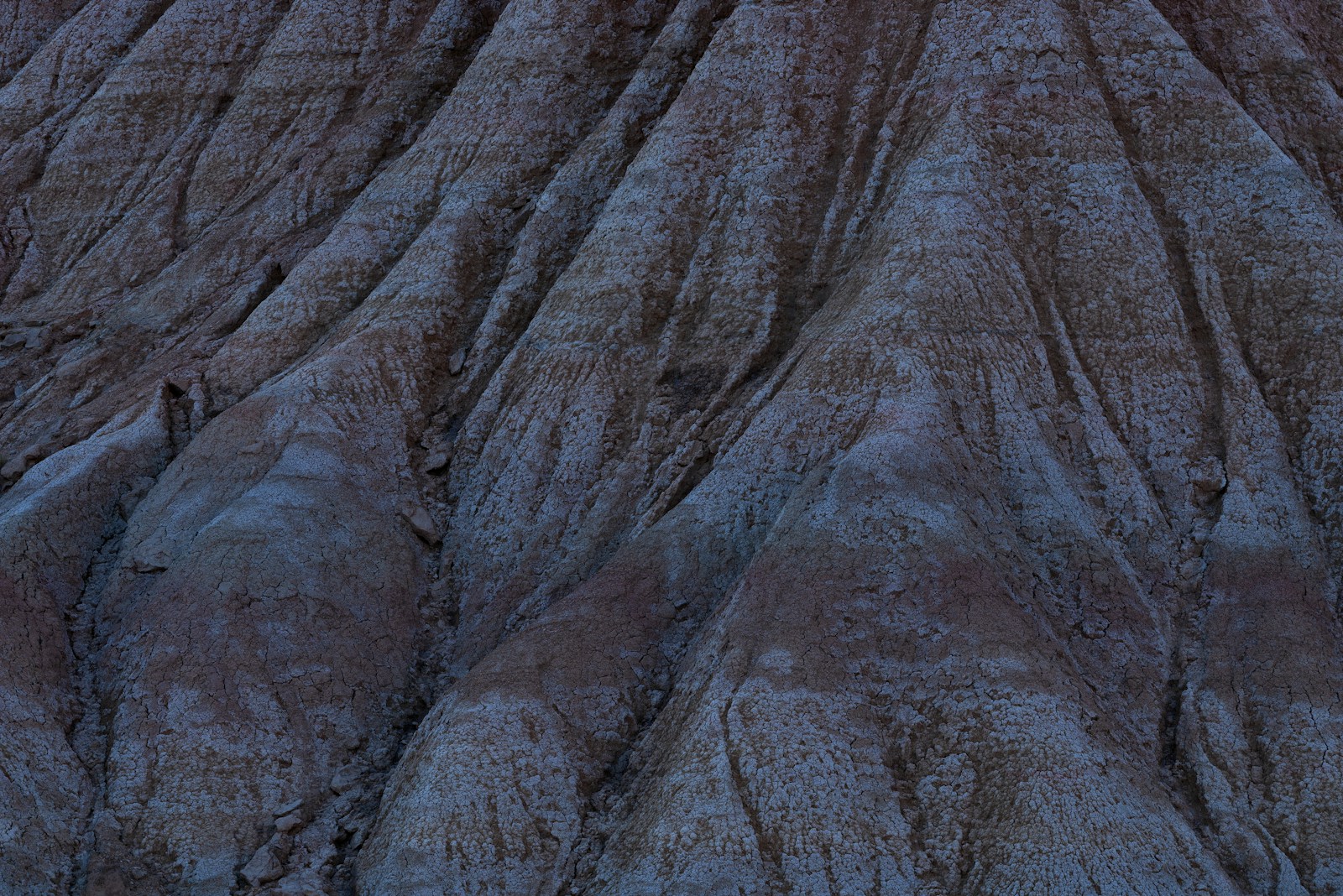
层
ceng

layer
In Chinese, '层' (ceng) is used much in the same way as 'layer' in English. It can be used to refer to a layer of a cake, a story of a building, a layer of clothing, a level of bureaucracy, a degree of subtlety, etc. As with English, it can be used both in a literal and metaphorical sense.
Example sentences using: 层
这个大厦有十五层。
Zhège dàshà yǒu shíwǔ céng.

This building has fifteen floors.
In this sentence, '层' is used to denote the number of floors in a building.
她住在第三层。
Tā zhù zài dì sān céng.

She lives on the third floor.
'层' in this context is used to specify the level or floor within a building where someone resides.
这个蛋糕有三层。
Zhège dàngāo yǒu sān céng.

This cake has three layers.
In this context, '层' is used to count the layers of a cake.
他穿了三层毛衣。
Tā chuānle sān céng máoyī.

He wore three layers of sweaters.
'层' in this context refers to the count of clothing layers the person has on.
这个城市有许多层的历史。
Zhège chéngshì yǒu xǔduō céng de lìshǐ.

This city has many layers of history.
'层' here is used to metaphorically represent different periods or layers of history in a city.
他的话有深一层的意思。
Tā dehuà yǒu shēn yīcéng de yìsi.

His words have a deeper meaning.
In this sentence, '层' is used metaphorically to indicate a level of meaning that is not immediately apparent in the words spoken.
雪覆盖了一层又一层的山。
Xuě fù gài le yī céng yòu yī céng de shān.

Snow covered layer upon layer of mountains.
'层' here refers to the layers of mountains that are successively covered by snow, highlighting the scenery of the snow-covered mountains.
这个湖有几层的颜色。
Zhège hú yǒu jǐ céng de yánsè.

This lake has several layers of colors.
'层' in this context refers to the different shades or layers of colors seen on the surface of the lake.
他对这个问题有很多层认识。
Tā duì zhège wèntí yǒu hěnduō céng rènshì.

He has many levels of understanding of this problem.
'层' here is used metaphorically to indicate different levels or depths of understanding that the person has on the problem.
云彩堆积成了层层叠叠。
Yúncai duījī chéngle céng céng diédī.

Clouds pile up in layers.
'层' in this context refers to the layers of clouds piled up in the sky, creating a captivating view.